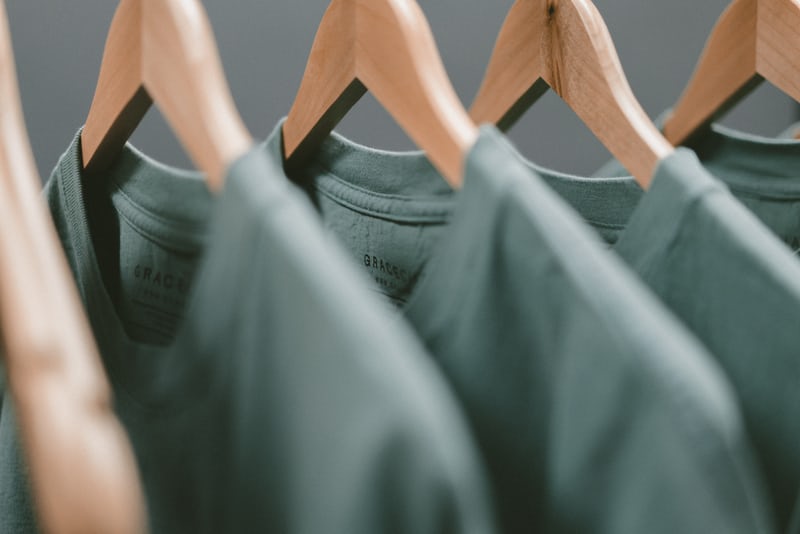After living on earth for 21 years as a relatively sticky consumer, I’ve realized that people chase goods not because they provide immediate happiness. They purchase something because they expect to receive a certain feeling from acquiring it, not from the goods themselves.
Yes, there’s a distinction and it took me a few years into pre-adulthood to realize this.
I’ve been fortunate to work, learn, and vacation with those that have directly gone through a rollercoaster ride of inflationary lifestyles through 7–8 figure paychecks to only discover that we expect more from goods than we expect from ourselves.
The more we are reliant on others, tangible items, and even experiences, the more we sabotage ourselves and our futures. There’s a reason you buy those Channel $400 glasses when you can reasonably get those at half the price for almost or better quality. As sticky consumers, we are obsessed with brand recognition, titles, elitism, and showing off things we don’t need with money we don’t have to people we don’t know or usually don’t even like.
Riding the hedonic treadmill is a dangerous recipe, especially when we dip through the feeling of elation every time we make a purchase. There’s no doubt anything can provide a better feeling than what you felt before yet overtime, we know what to expect.
A drop in dopamine, a hit of realism, and consistent hard work must be put into our emotional and mental health instead to feel that priceless feeling of euphoria in the healthiest long-lasting way. Perhaps follow the folks in the Nordics who consistently rank as the happiest people on earth. They also happen to be avid minimalists.

Shop Till You Drop
Consumerism and materialism are a staple of life. Similar to speculation and memification in the markets today, the world goes round becuase of our outrageous consumption.
The most dangerous trap you can get caught in is the trap of believing the larger, more ‘precious, shiny, or big-ticket item it is, the more you should associate your self-worth or emotional state to it.
It should in fact be the opposite.
Just because that Bored Ape cost you your life savings, doesn’t mean it will appreciate in value or you are making a calculated bet.
Instead, how about following the mantra, “Chase Nothing To Feel Everything”.
Let me explain.
As with everything, from food to options trading, the law of diminishing marginal returns is evident throughout and there’s a good reason it hits.
If the temporary over the moon hit of dopamine prolonged with our frivolous purchase for months, that would actually be frightening. There’s no doubt economic security past ~$75k in annual income provides stable levels of happiness and appreciation due to the convenience, security, and comfort of a stable income and cash cushion as a buffer for bad times yet after that, it requires as much effort and dedication as it does to earn that item back.
Loss aversion hits as hard as diminishing returns when you falsely believe tangible items will provide a lasting feeling to hide and bury your other feelings or problems. Don’t chase what’s familiar, chase what you want to really feel long-term which starts with relying and selling yourself on what you really need.
As a result, if you chase priceless items that cannot be replaced, a better gift will be provided. Whether healthy or not, we all want a feeling from something and that’s the main driver. Until we realize this, we can retrain our minds to believe that we should be happy regardless because the truth is at the end of our lives, we won’t regret not buying that item.
Happiness is a choice. The quality of your mind is your life. Chase the investment you need to instill in yourself to yield dividends for a lifetime.

